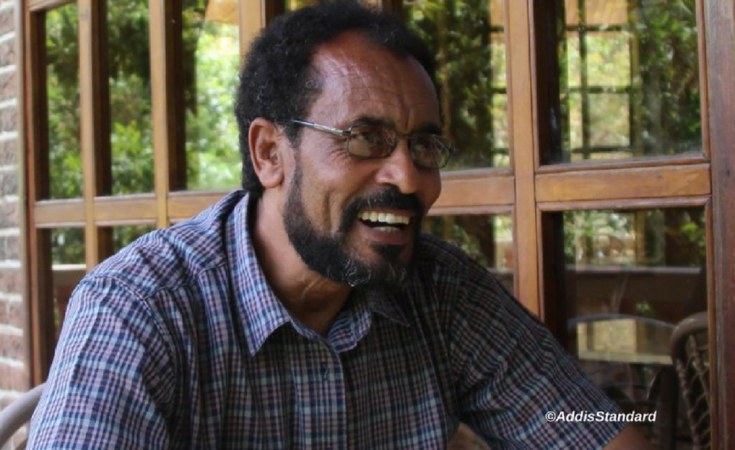Addis Abeba — Bekele Gerba, a long-time figure in Ethiopian politics at both the personal and party levels, has announced his resignation from the Oromo Federalist Congress (OFC) and his decision to seek asylum in the United States.
Speaking to BBC, Bekele cited the serious political situation in Ethiopia, which he believes hinders "peaceful struggle and personal freedom," as his reason for requesting asylum in America. As the first deputy of the OFC, he also expressed his view that it would be impractical for him to continue in his position while residing abroad, thus prompting his withdrawal from the party.
Bekele's resignation comes after he was imprisoned following the violence that erupted following the killing of artist Hachalu Hundesa in June 2020. He spent 18 months in prison before being released and subsequently traveling to the United States. Speaking to the BBC, Bekele explained that his initial intention upon arriving in the country was to meet with Ethiopian expatriates. He wanted to express his gratitude for their efforts in securing his release from prison and to discuss future plans.
However, Bekele now believes that it is unnecessary for him to return to Ethiopia due to the changing political landscape during his 15-month stay in the United States. In describing the current situation in Ethiopia, he mentioned that it has become immensely perilous following the political changes, particularly over the past year. Although Bekele had returned to Ethiopia once or twice in the past with hopes of engaging in peaceful political activities, he now believes that there is no longer any hope for such endeavors.
Bekele, who has been engaged in politics since 2008, informed the BBC, "This interview will likely be my final statement as the Deputy Chairman of the Oromo Federalist Congress."
Prior to his arrest in June 2020, Bekele was imprisoned couple of times, the first one being in 2011 when he was sentenced to eight years in prison suspected of allegedly belonging to the then banned Oromo Liberation Front (OLF). He was released in April 2015 only to be re-arrested in December 2015 following the start of Oromo protests. Terrorism charges brought against him were later dropped leading to his release in February 2018.


